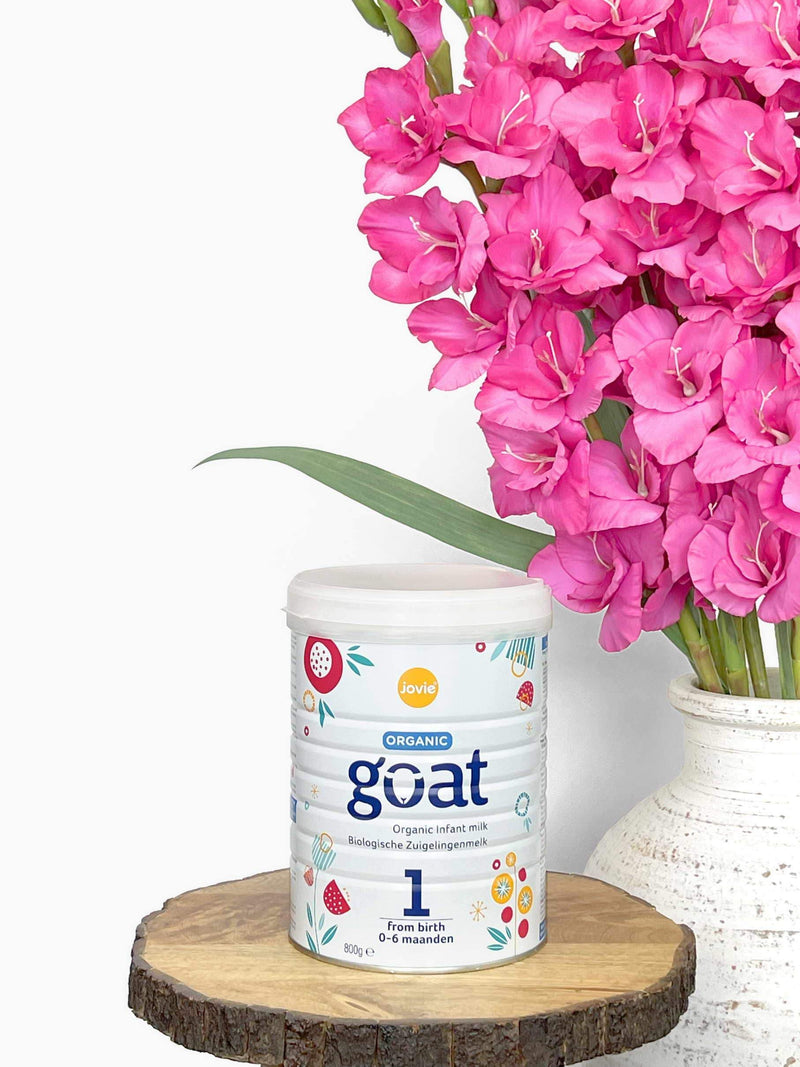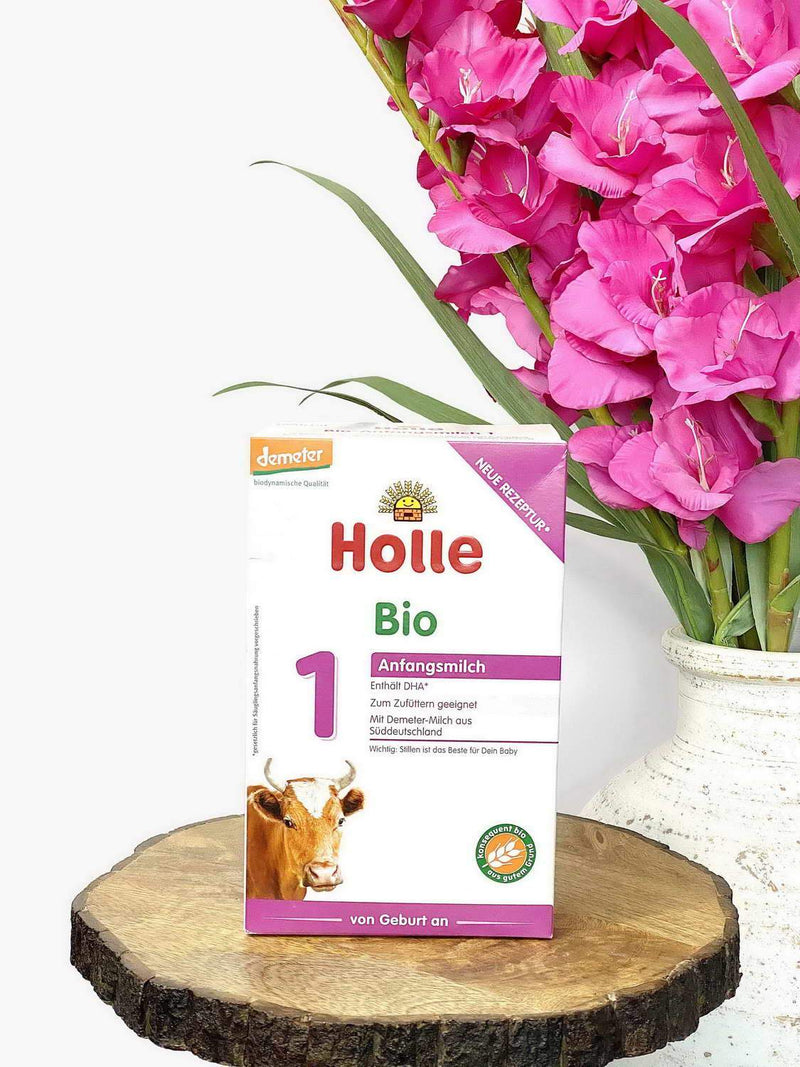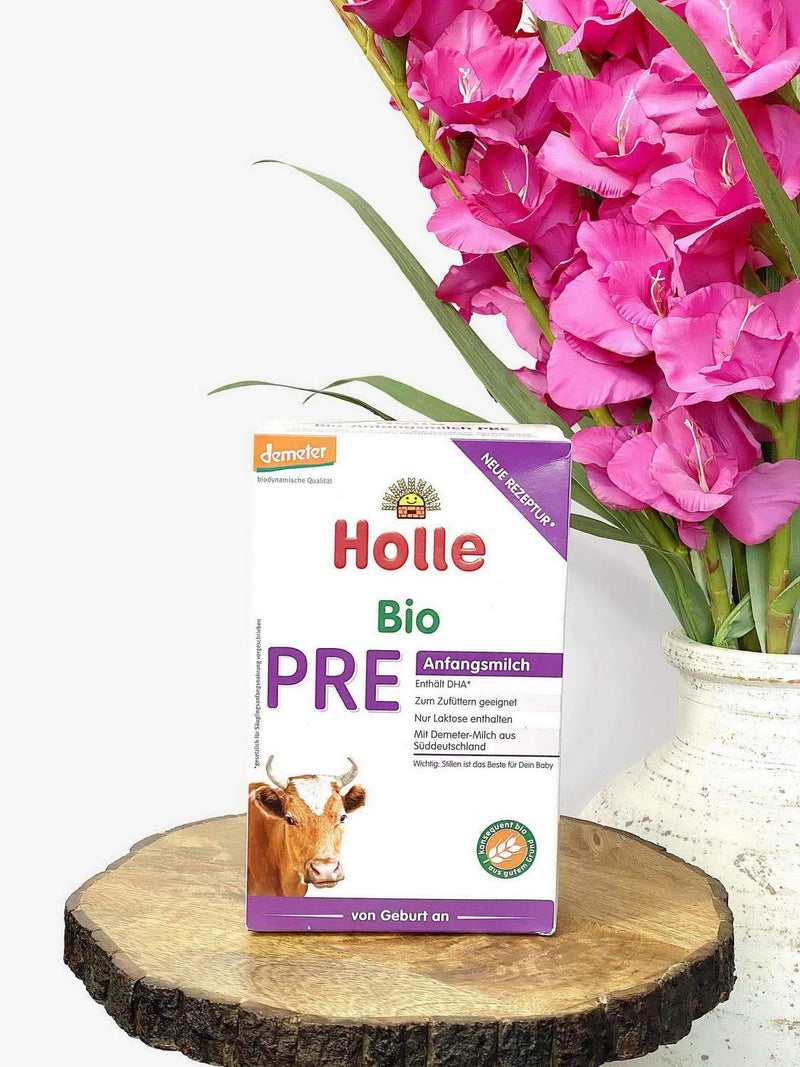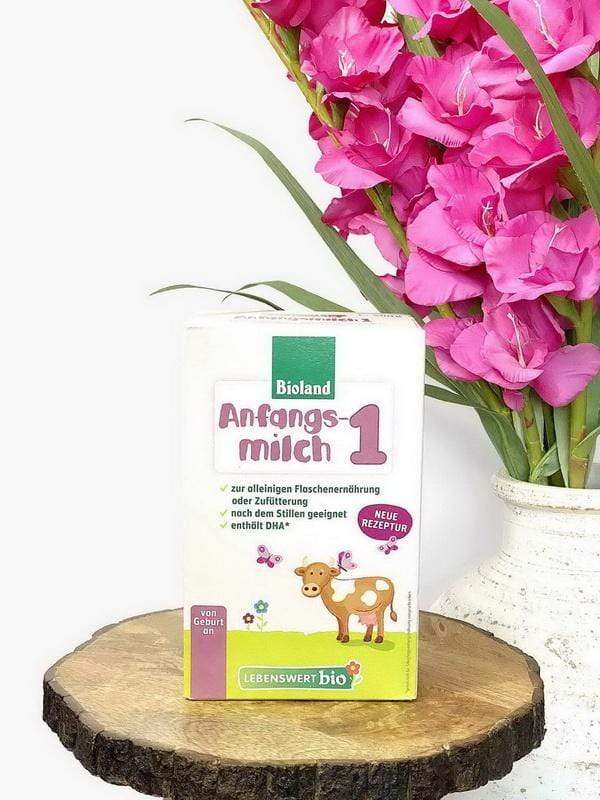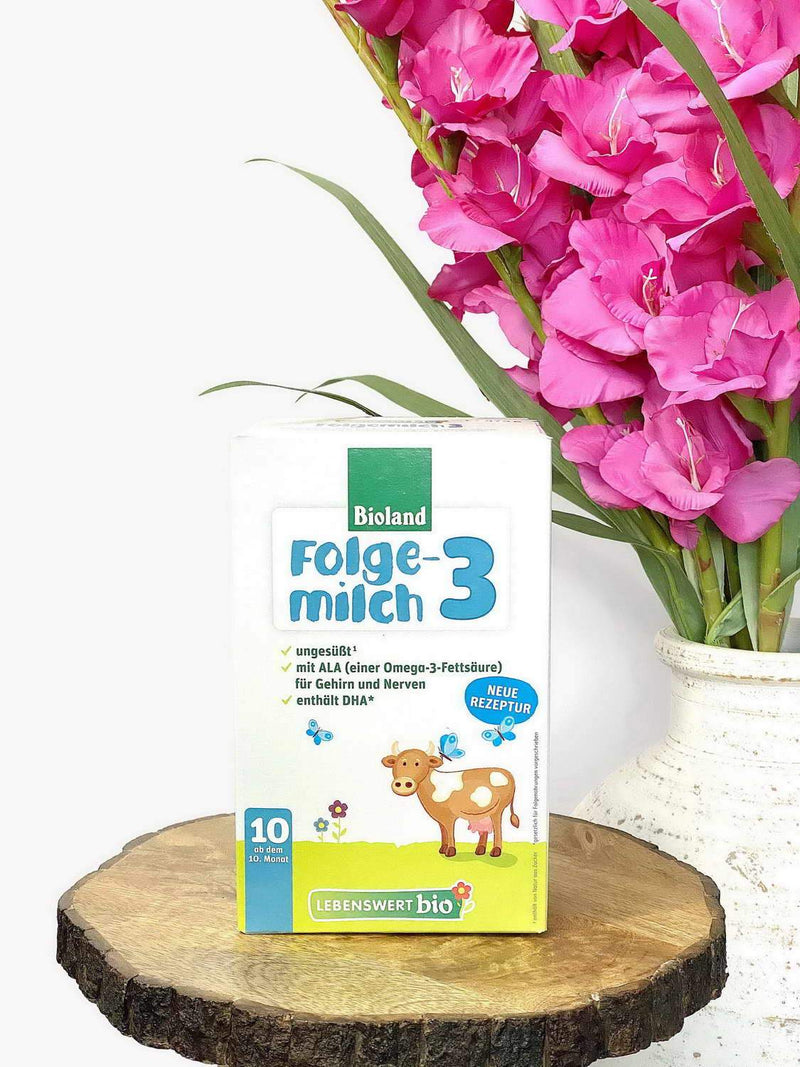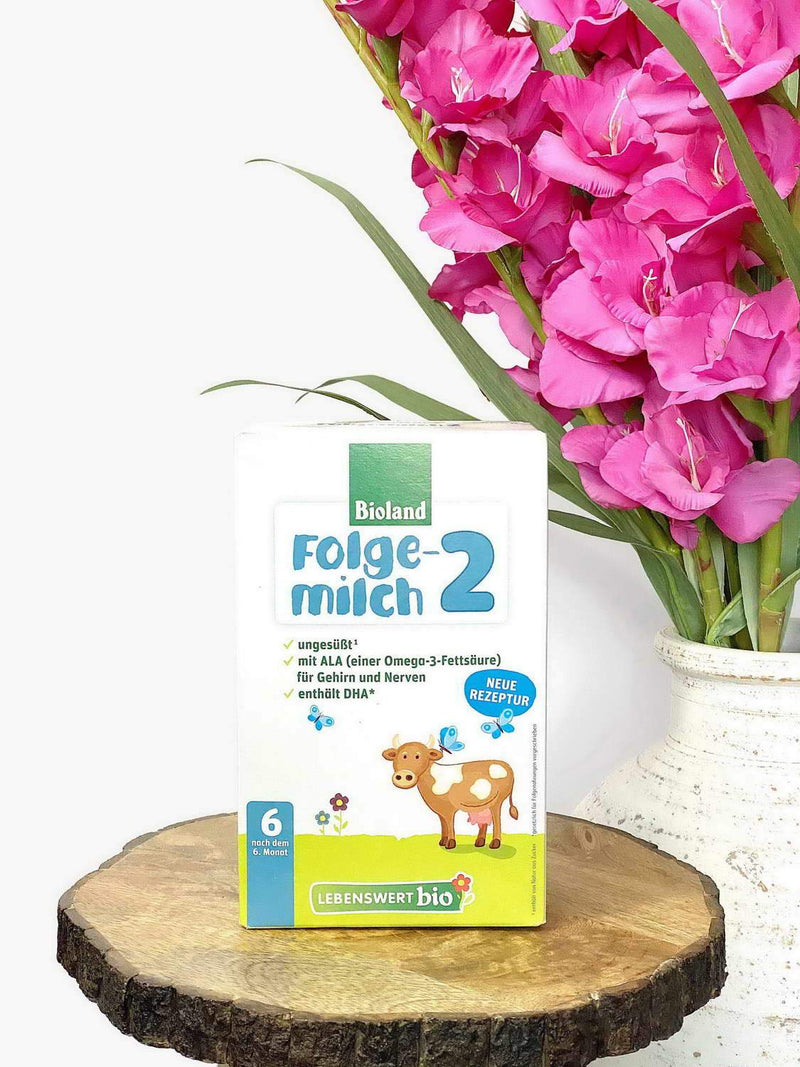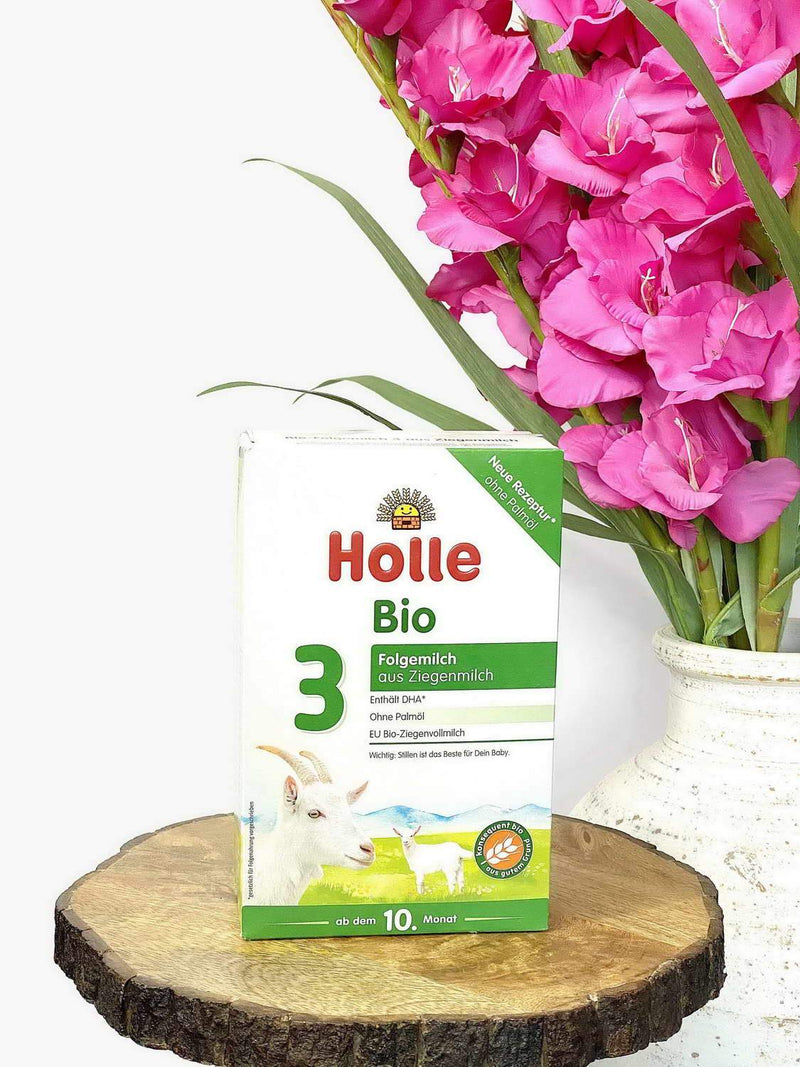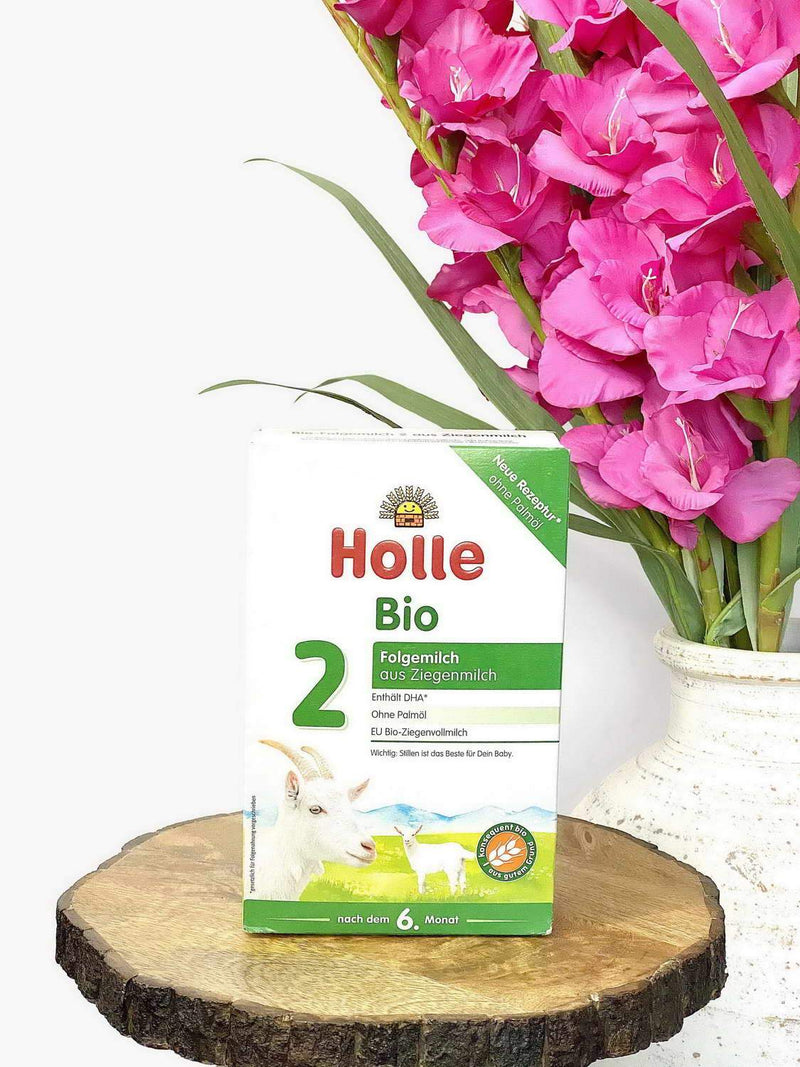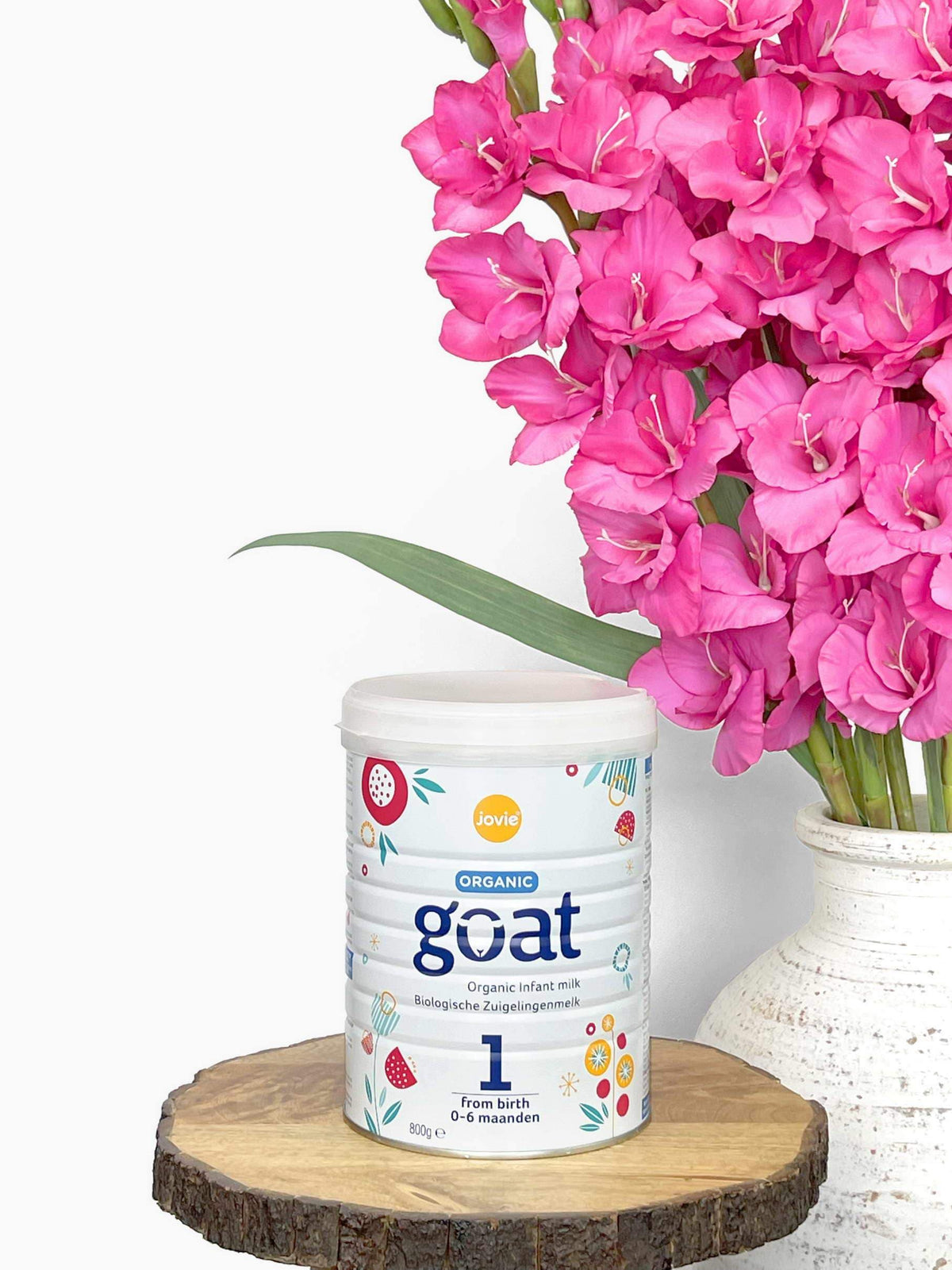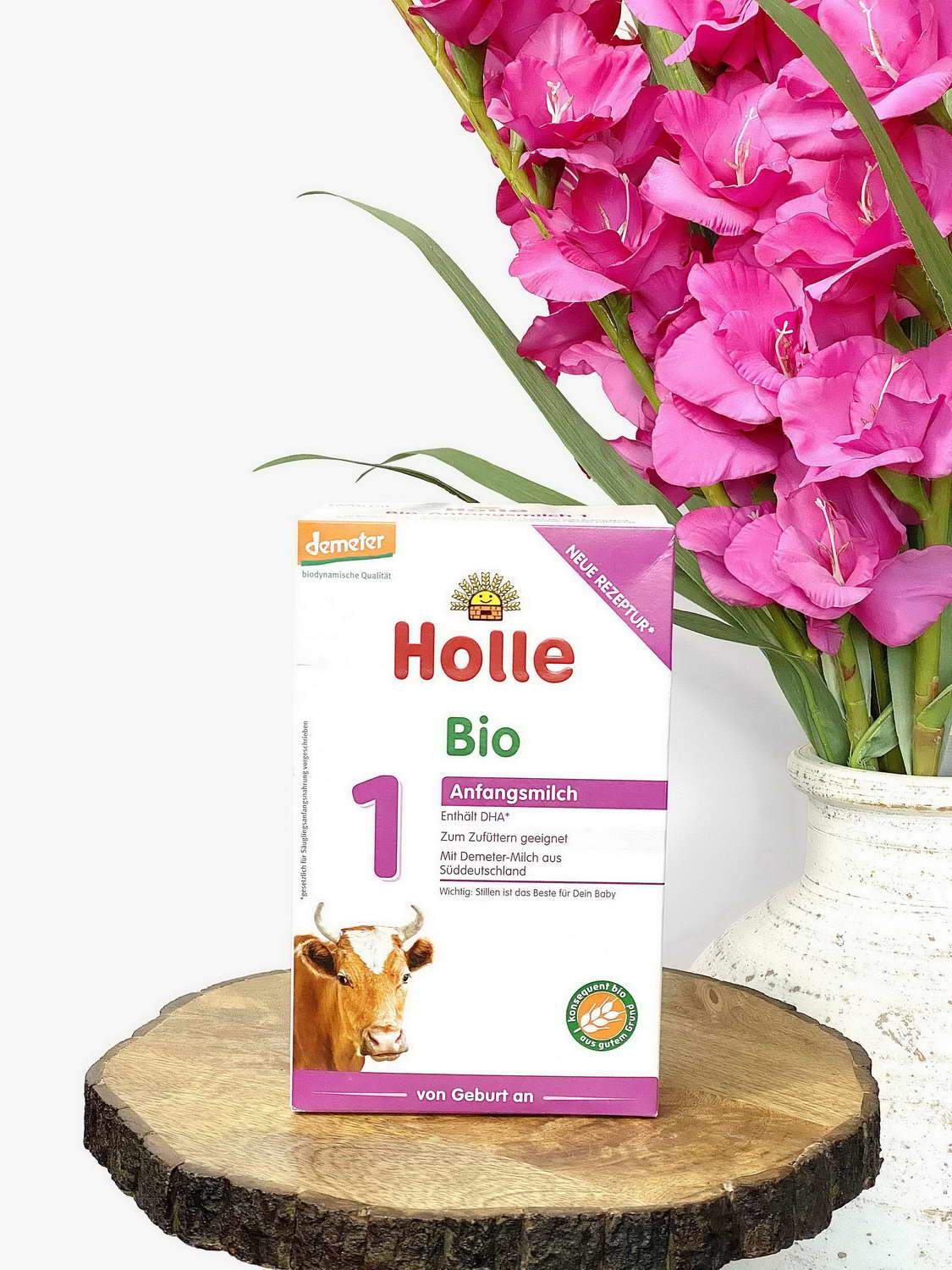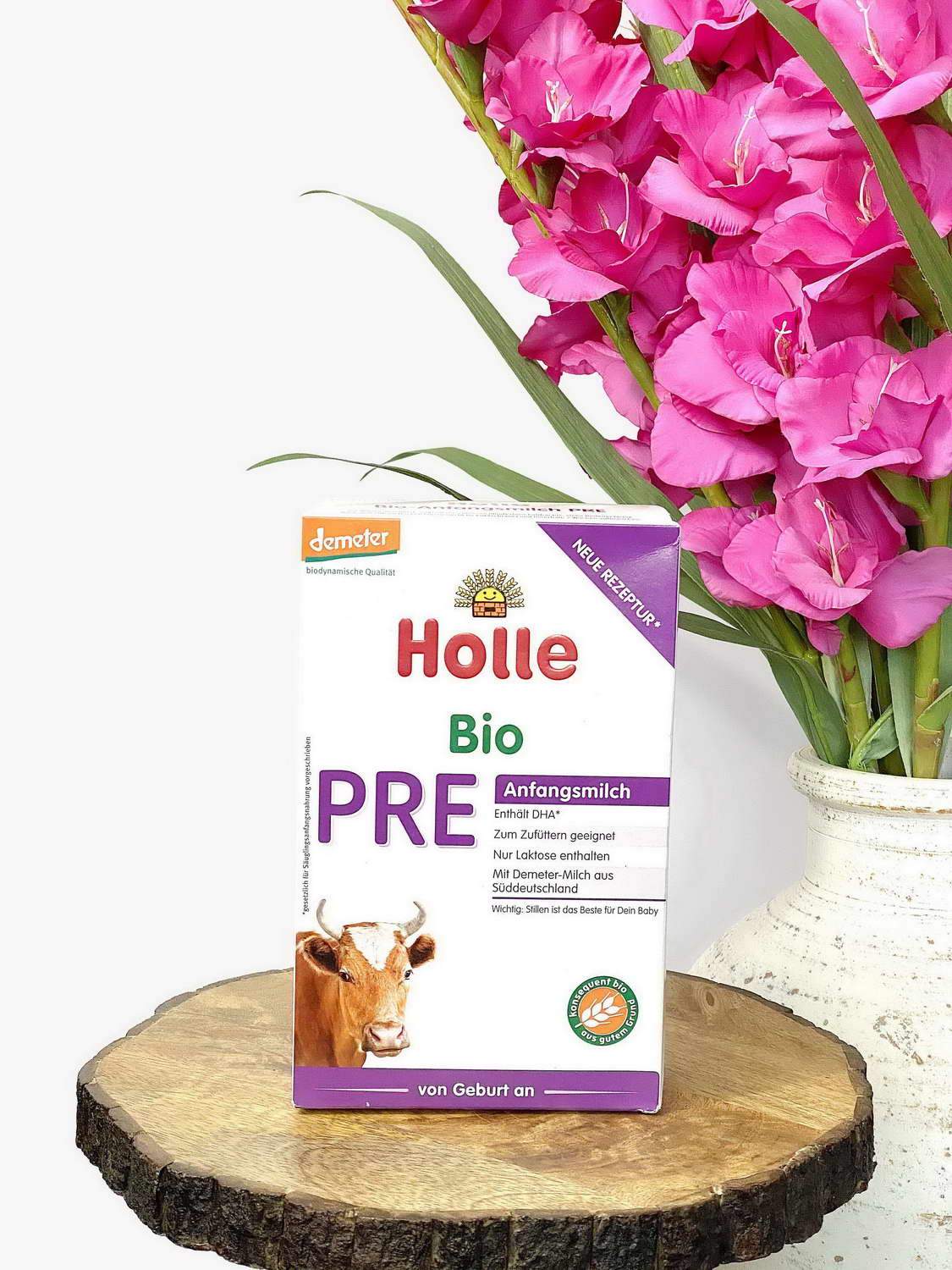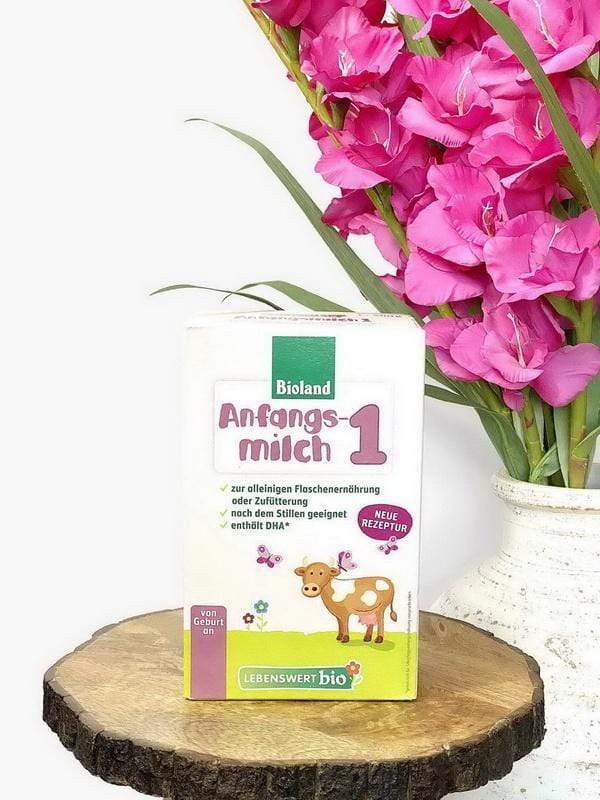We know when your baby has a cough, it can be hard on the whole family. Aside from being uncomfortable, your baby may have trouble relaxing, making rest for caregivers nearly impossible.
Several illnesses cause a cough as a primary symptom and knowing the cause may help you determine if treating at home or contacting your primary care physician will be the best course.
Table of Contents
Is This Your Child's Symptom?
Cough 0-12 Months
Causes of Cough
Trouble Breathing: How to Tell
Home Remedies to Ease the Cough
Care Advice For a Cough
Frequently Asked Questions
Is This Your Child's Symptom?
Even though coughing is very common in infants, the sound alone can be very distressing to parents. Knowing when to worry and when to treat at home is a challenging feat.
Cough 0-12 Months
Coughing is one of an infants’ most essential defenses against respiratory infections. When there is an infection, mucus is secreted into little airways, and coughing helps to clear this.
The sound of the cough can provide valuable clues about the type and severity of your baby's illness.
Infant Coughs
Entering the world, a newborn is still building personal immunity as they try and fight over 200 different cold viruses. Is it any wonder that a stuffy or runny nose is very common at this age?
A stuffy or congested nose occurs when the tissue lining becomes swollen due to inflamed blood vessels. The problem may also include nasal discharge or a runny nose. Excess mucus running down the back of your throat (postnasal drip) causes coughing.
Causes of Cough
Coughing results from your baby’s airway being irritated in some way. The trouble may be caused by excess mucus buildup related to a viral illness or environmental allergens such as pollen or smoke. A closer look at the symptoms can help narrow down coughing causes.
Cold
Colds are milder than flu. Babies with colds are likelier to have runny or stuffy noses. Clods can happen in all weather, not just winter.
Flu
The flu can lead to associated complications such as pneumonia, bacterial infections, or hospitalizations. Your little one’s doctor may prescribe an antiviral medication depending on age and if you catch the illness in the early stage.
Covid-19
SARS-CoV-2, which causes COVID-19, may present as cold-like symptoms in babies to start. Babies under the age of 1 are at higher risk for developing complications. It is imperative to contact your family doctor if you or anyone close has contracted Covid.
Croup
The sound of barking croup cough, is unmistakable. Other symptoms include runny nose, fever, and stridor (a high-pitched whistling sound when breathing).
Pneumonia
Other illnesses, such as a cold or the flu, can progress into pneumonia, but your baby may catch certain types from others. Pneumonia cough is productive, meaning it produces mucus and can be painful. Your baby may also have a fever, fatigue, vomiting, or diarrhea.
Whooping Cough
Whooping cough (pertussis) is a highly contagious respiratory tract infection. It is marked by a severe hacking cough followed by a high-pitched intake of breath that sounds like "whoop."
Asthma
Viruses and environmental allergens are the most common trigger of asthma episodes in babies under a year. The cough from an asthma attack is persistent and may be accompanied by wheezing and exaggerated breathing.
Allergies
A cough can be an allergy symptom. Allergies in infants may be family food worries or seasonal allergies. Symptoms differ from those associated with colds and the flu in that they’re triggered by exposure to an allergen.
Reflux
Acid reflux in infants is a condition in which digesting contents and stomach acid flow back into the throat and esophagus. Cough with reflux is usually chronic due to the consistent regurgitation and, in most cases, requires special nutrition.
Trouble Breathing: How to Tell
Coughing is a natural part of life and our body’s way of reacting to illness or environmental stresses. Most coughs are innocent, but it is time to seek medical care when associated with other symptoms, such as high fevers or difficulty breathing.
When to Call for Cough (0-12 Months)
If your child baby is coughing and has any of the following symptoms, it is time to head to your local emergency room (ER)
⚕️Severe trouble breathing
⚕️Passed out or stopped breathing
⚕️Lips or face are bluish when not coughing
⚕️You think your child has a life-threatening emergency
Call Doctor or Seek Care Now
Even if your baby doesn’t have severe signs but is acting differently than usual, it might be a good idea to call your pediatrician. You know your child best. Your doctor can help guide you, whether taking your baby to the ER or going in for an office visit.
Contact Doctor Within 24 Hours
If your little one is under six months old, calling your pediatrician is a good idea. Make sure to note any earache, ear drainage, fever, and the kind of cough your baby has.
Contact Doctor During Office Hours
On the fence about calling your pediatrician? Your family doctor is a great resource whenever you have questions or concerns.
A few coughing situations that may prompt a call include; coughing that causes vomiting three or more times, a persistent cough that lasts more than three weeks, or if your baby's coughing keeps your baby from sleeping at night.
Home Remedies to Ease the Cough
Even if your child’s symptoms are not severe, waking up in the middle of the night can be scary to hear your baby coughing. Knowing a few home remedies can give you peace of mind for late nights and days of worries.
Self Care at Home
Consider making a kit containing certain items, such as saline and a bulb syringe, so they’re within easy reach when needed.
Oil Massage
A light massage with coconut oil will help your infant feel better and stop coughing— warm coconut oil with basil or lavender to make a natural herbal coconut oil for a massage. Older infants can benefit from Camphor added in a small amount.
Massaging has many advantages, including relieving coughing, soothing crying fussy little ones, and creating bonding time.
Saline Nasal Drops
Easily found over-the-counter saline nasal drops can be a great help for you to help clear the mucus by softening it. Once the mucus gets soft, you can remove it using a nasal syringe. Saline drops before bed can help keep nasal passages clear and soothe coughing.
Sitting in a Warm Bath
Infants benefit from the steam of a warm bath in many ways, including cough relief. Running a hot water faucet for a while will also create steam in your bathroom. Sit in the bathroom with your child on your lap for 10 to 15 minutes and relax.
Keep Your Infant Hydrated
It's crucial to keep your child hydrated when they are sick. Babies older than six months can really benefit from water to maintain the strength and moisture of the airways.
Younger infants do not require additional water. If coughing makes drinking their expected quantity of European baby formula difficult, immediately bring this to your pediatrician.
Humidity Indoors
On the same note, adding moisture to indoor air facilitates the thinning of the mucus and prevents the drying out of your child's airways reducing coughing and congestion.
Cold air humidifiers are considered more efficient when it comes to relieving coughs and supporting better breathing.
Elevated Sleeping
Your pediatrician may recommend having your older toddler sleep with their head resting on one or more pillows.
If your little one is wiggly, try raising one end of the mattress as an alternative to using pillows in the crib or bed to support your toddler's head. Place a towel underneath the end of the mattress where your child's head sits to achieve this. To raise your toddler's head in the crib or bed without using pillows, you can alleviate one side of the mattress by tucking a towel that has been rolled up underneath where your child's head sits.
Always seek expert advice before using elevated sleeping positions
Essential Oils
Herbal products are becoming increasingly popular, and when applied topically or diffused into the air, some of them may be useful for reducing coughing. As always, safety is paramount, only use essential oils with toddlers unless otherwise directed.
Some essential oils helpful for a cough are ginger, sweet orange, orange, mandarin citrus, lavender, and peppermint. However, before using essential oils, always consult your doctor.
Care Advice for a Cough
It is not necessary to have a specific treatment to calm the cough. However, suppose it is prolonged or greatly disturbs your baby (loss of appetite, sleep, difficulty breathing, etc.). In that case, your doctor may prescribe medication or further intervention depending on the nature of the cough.
Waiting on a call back from your health care provider and need some additional advice or support? Meet parents, caregivers, and European baby formula experts in HiPP Holle Kendamil & European Baby Formula Parent Community. This is a space My Organic Company created for your family.
Frequently Asked Questions
When a baby's cough is serious?
Any cough in a baby younger than four months. A dry cough related to a cold (a runny nose, no fever) that lasts more than five to seven days. Mild to severe wheezing and, of course, when accompanied by breathing troubles.
How long should a cough last in a baby?
A dry, tickly cough can last two to three weeks. Sometimes the cough becomes loose, and your infant will cough up phlegm. This is usually a sign that the end of the illness is near. A cough that lasts longer than four weeks in children should be evaluated.
Can baby cough go away on its own?
Most coughs will go away on their own, but in the meantime, try home remedies to help your child feel more comfortable.
Text

